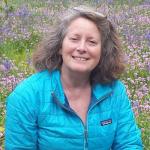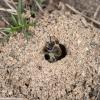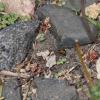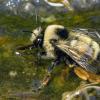Lately I’ve been starting my day with an online yoga session. I follow a teacher who designates a theme for each day, and recently, the theme was “discipline.” I expected a difficult 20 minutes of
This helped me to examine my assumptions about “discipline” and other fraught terms.
So today, I’m thinking about ASK as a theme. If you consider yourself self-reliant (as I do—my mom used to tell the story that as a small child I would shake off her hand even when crossing a busy street), asking can be hard. You may worry about imposing upon other people, of questioning the way others do things, of a dreary round of phone tag, or of hearing “no” and not knowing what to do next.
But as I consider my experiences with asking, I notice that asking also has the potential, if done respectfully and with curiosity or hope, to bring empowerment, growth, and community. To not ask is to presume that our perspective is complete. To not ask is to limit our connection with others. To not ask is to assume that we can’t make much happen beyond our little circle.
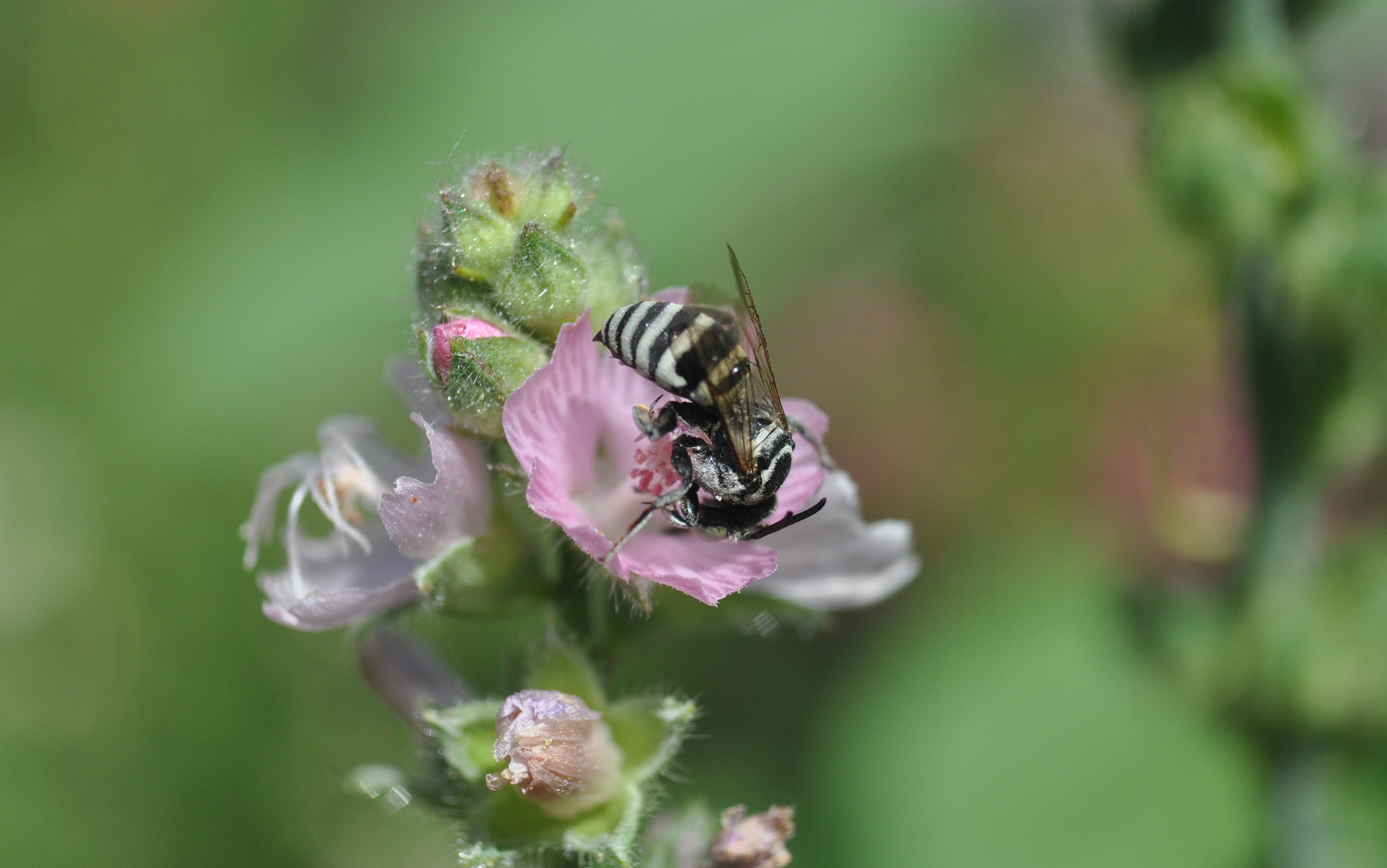
Asking involves naming and sharing what we want, such as healthy native bee populations. (Photo: Sara Morris.)
As conservationists, we have the insight that resilience—and often, abundance—is linked to diversity and health. When people push back against our conservation asks because they fear that it will bring scarcity into their businesses or lives, we can remind them of what Aldo Leopold said in A Sand County Almanac: "To save every cog and wheel is the first precaution of the intelligent tinkerer." We can incorporate Leopold’s wisdom into our relationship with pest management, by reconsidering the use of pesticides to lessen the risk of losing those cogs and wheels. This is especially relevant when pesticides are employed for purely cosmetic reasons, or to control insects that are annoying rather than truly damaging.
Asking for a healthier world gives us the opportunity to bring our vision to the broader, busy world. Naming and sharing what we want—healthy native bee populations, parks free of contaminants, clean water—is the first step. We don’t have to immediately have all the answers about how to get there.
Lately, in small ways, I’ve reaped the benefit of asking. After asking a government agency about their pesticide applications, they agreed to share more information than before. After asking my garden center manager about what steps she takes to source bee-safe plants, I had the satisfaction of sharing deeper information to help her inquire into the pest management methods of her suppliers and to request pollinator-friendly methods. After cold-calling various environmental advocates, people who were unknown to me just weeks ago offered to write letters asking for policy change. After asking a renowned researcher about his studies into grasshoppers and grassland ecology, he spent an hour with a couple of us at Xerces, sharing his insights.
I hope you can have the same sense of empowerment and expansion from asking.
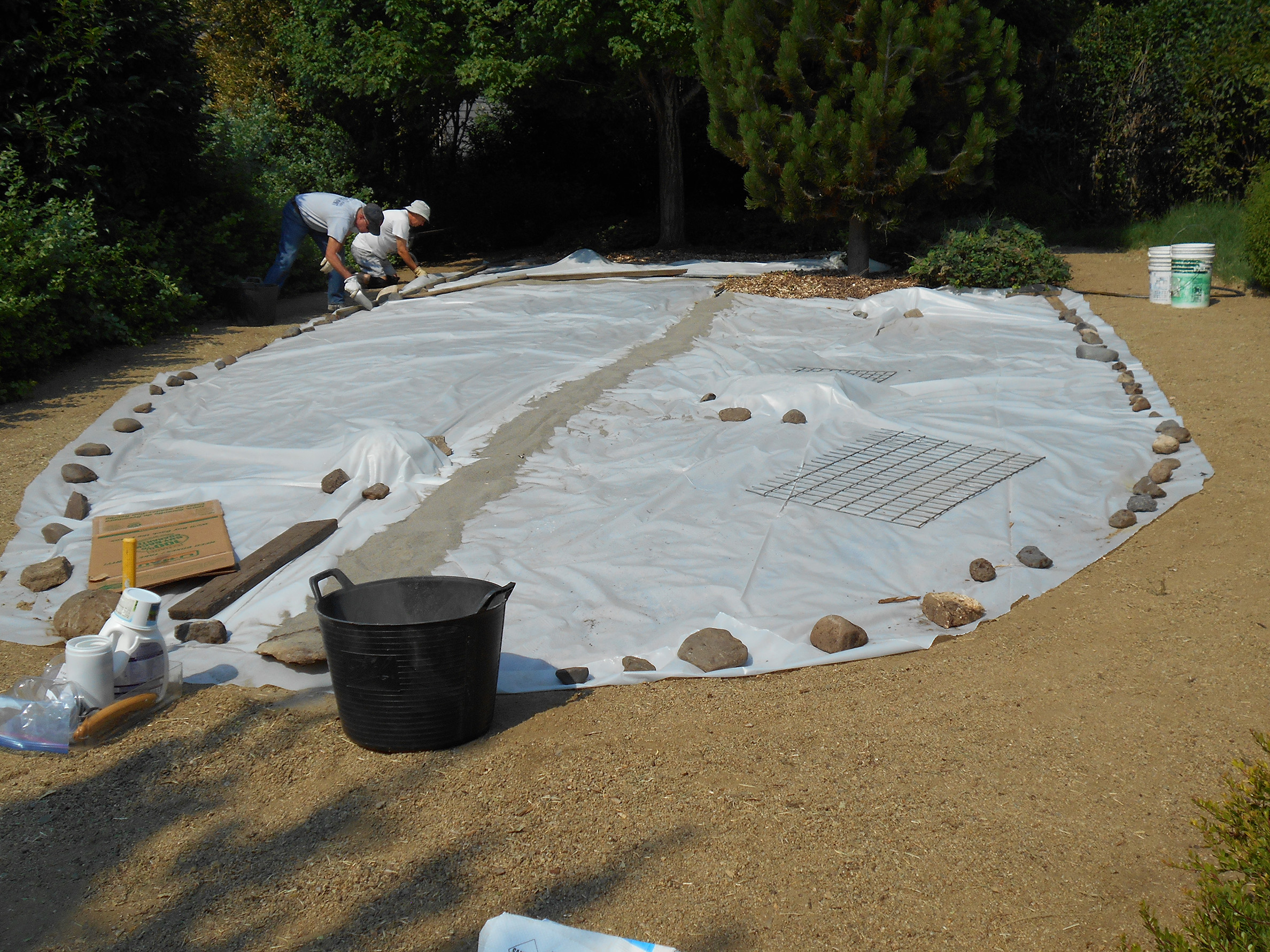
Ask for fewer pesticides. Cities supporting pollinator habitat in parks are learning new techniques for site preparation. Here, a new habitat is being solarized prior to planting, which will leave the site clear and ready for planting without the need for herbicides. (Photo: Bee City USA – Ashland.)
If you’re wanting to protect your family, garden, or community from pesticides and are not sure where to start, here are a few ideas on what to ask:
- Ask yourself if you can implement preventative methods to deter nuisance household ants or backyard mosquitos or weeds, instead of calling in a company to apply insecticides or herbicides.
- Ask your neighbors to co-create a pollinator-friendly, pesticide-free street, to protect kids, pets, and the local bees. You can have fun by gifting everyone a few milkweeds or other valuable pollinator plants. Santa Fe is implementing a pollinator “trail” spanning neighborhoods across the city—perhaps that can be an inspiration.
- When browsing around for flowers this spring, ask your garden center if they carry certified organic plants, and what steps they take to offer plants grown with pollinator-friendly pest management. Ask if you can leave a copy of the Xerces guide, Offering Bee-Safe Plants: A Guide for Nurseries.
- Ask your grocery store to stock organic versions of your favorite foods, or those carrying the Bee Better Certified seal.
- Ask your city how they could take steps to help reduce pesticide use in the community. Maybe they’re willing to develop sound integrated pest management practices for parks? Perhaps they’ll support a public education campaign for homeowners and landscapers? Might they be interested in joining the nationwide Bee City USA program—or adopting a pollinator protection policy?
- Check out your favorite local environmental organization’s website to find the bills they’re supporting, then write a quick note to your state legislator asking for their support of those bills.
- Don’t forget to ask your friends and family for their support, as well! Having allies and friends in this work is important. Xerces is here to support you too, so please reach out. [email protected].
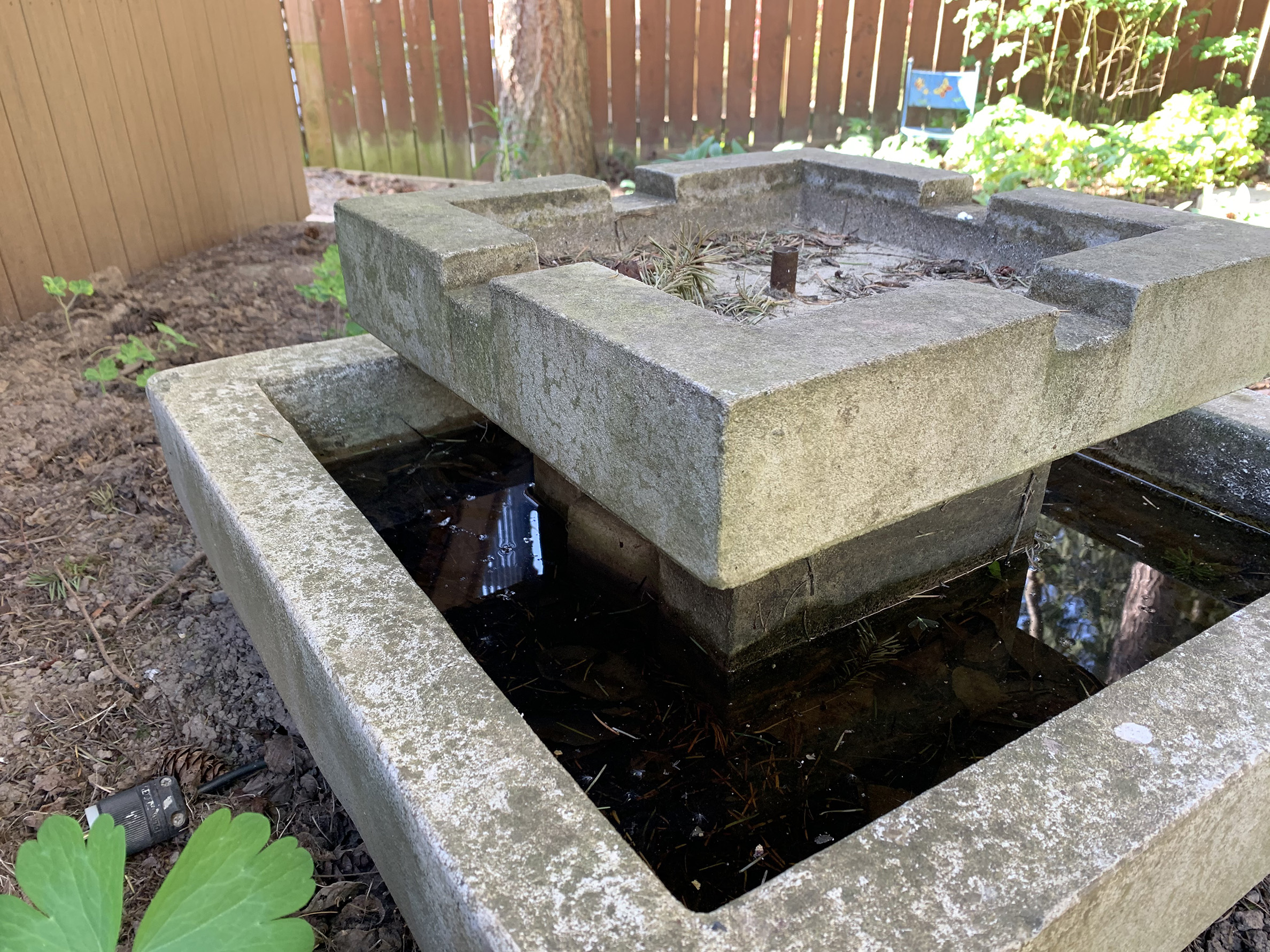
Ask for individual actions. Communities can reduce insecticide use during the mosquito season by working together to eliminate standing water in backyards—such as is collected in this unused fountain. (Photo: Matthew Shepherd.)
Further Reading
Consult our newly published guide, Buying Bee-Safe Plants, and its companion guide, Offering Bee-Safe Plants: A Guide for Nurseries, to protect bees and butterflies from pesticide residues in nursery plants.
Learn how different municipalities realize success in reducing pesticide use in towns, cities and parks.
Get inspired by viewing the video of a recent panelist discussion on community solutions to reduce pesticide use.
Check out what it means to be a Bee City USA.
Find your state legislator at OpenStates.org.

